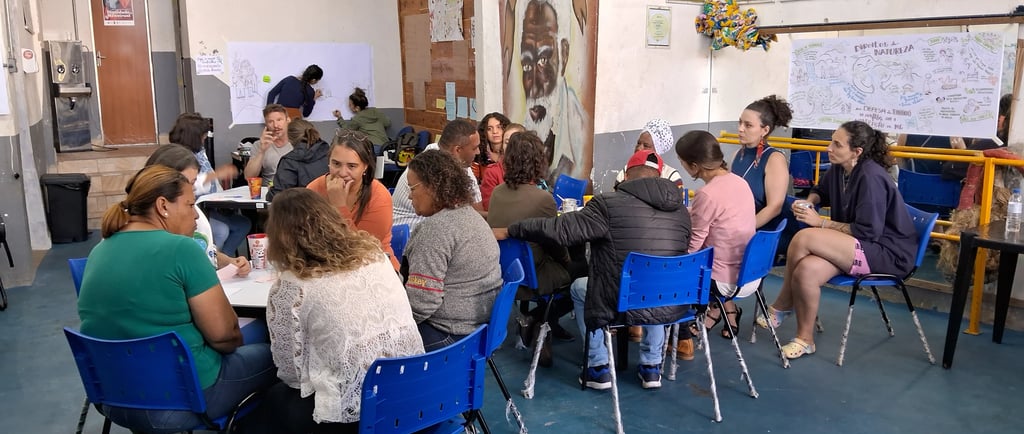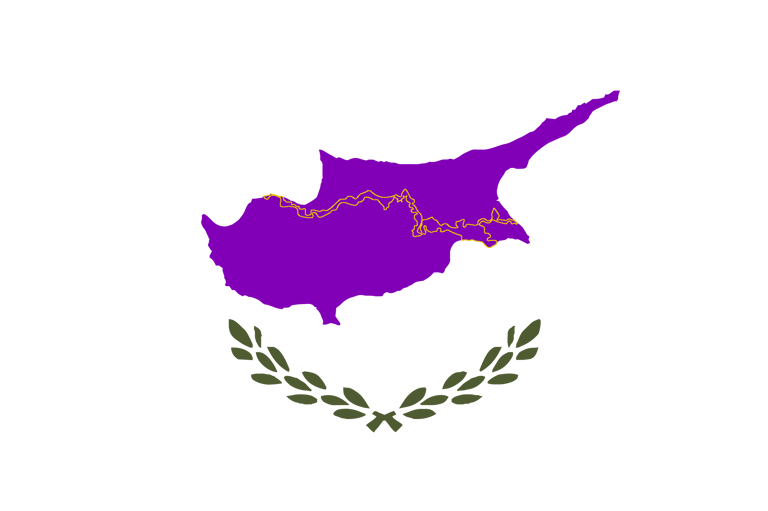Meeting people where they are at
TL:DR; listen to understand, even when people are saying s* you don't like


Imagine walking into a room where everyone’s voice equitably matters, not because they’ve been “given” a platform, but because their lived experiences are already understood as foundational to the conversation. This is the heart of non-extractive community engagement—a practice rooted in decoloniality and epistemic justice that asks us to listen deeply, act humbly, and center relationships over transactions.
In order to meet people where they at, we must first know where we at and position ourselves (see positionality post) so that we know what adjustments we may need to materially, culturally and linguistically make to create a respectful space. This thought process was mainly my reaction to a constant tension I find in leftist spaces, where those who regurgitate communist (or any ideology) jargon disregard the articulations of those with lived experience of oppression. I can't express the amount of times I've seen financially privileged people speak over exploited workers. Better yet, when ideology is so strictly adhered to that the anti-Blackness, anti-indigenous or islamophobic sentiment within it is just explained away. Basically, when someone who has read the books, confuses that secondary knowledge for actual primary experience, which most times, will not be articulated in the language that academic theory is.
Decolonial feminism teaches us to question hierarchies of knowledge and power, particularly those shaped by colonial legacies that silence marginalised voices, but is not exclusive to such and holds anti-capitalist content to the same standard. It invites us to dismantle the assumption that expertise flows only from institutions or dominant groups. Instead, it prioritises the wisdom of communities often excluded from decision-making—whether in research, activism, or everyday collaboration. Epistemic justice demands that we recognise diverse ways of knowing and resist extractive practices that mine marginalised people’s stories for data without reciprocity.
So what does it mean to “meet people where they are” in this context? It begins with humility. Instead of parachuting into communities with preconceived solutions, we start by asking: What do you need? How can I support, not steer? Am I even fit to be collecting this data? How do I exist in relation to this? This shifts the dynamic from temporary saviourism to sustainable solidarity. For example, participatory research methods—where community members co-design studies and interpret results—ensure knowledge production isn’t a one-way extraction but a shared process.
Non-extractive engagement also requires temporal generosity. Colonial frameworks often prioritise quick, measurable outcomes, but building trust takes time. Decolonial feminist scholar Françoise Vergès emphasizes the importance of “slow looking”—investing in relationships that honour the rhythms of community life. It’s about showing up consistently, appropriately, with permission, whether at a neighborhood meeting or a protest, not just when a grant deadline looms.
Critically, this approach rejects the commodification of pain. Too often, marginalised communities are asked to relive trauma for the sake of others’ enlightenment or policy agendas. Epistemic justice asks us to also create spaces where joy, resistance, and everyday resilience are centered. In practice, this might look like artists co-creating murals that celebrate cultural heritage rather than reducing struggles to slogans, or educators using curricula that “validate” indigenous ecological knowledge with western scientific “facts”.
Of course, this work isn’t easy. It demands constant self-reflection: Am I replicating colonial patterns/hegemonic norms? Whose voices am I amplifying—or overshadowing? Decolonial feminist frameworks remind us that accountability isn’t a checkbox but an ongoing practice. It means redistributing resources, crediting collaborators openly, and stepping back when leadership should come from within the community.
In the Cypriot context, I've observed this line of thinking most necessary in reconciliatory conversations. Every person has had a different version of victimhood, and an even more different journey into learning and unlearning. One person could have put so much work into deconstructing everything they thought they knew about our history, and still be a bit behind in reconstructing the narrative they subscribe to.
We all have varied baselines, and varied capacities for traversing this conversation. Class, gender, ability, food/home security are just a few of the factors that inevitably impact our starting points as well as our vehicles of progression. I can't stress enough how much class in particular works as a shield and enables one to transcend the effects of displacement.
For example, a first-gen diaspora has likely had the most nationalist indoctrination, fueled by lived experience of victimhood, which doesn't have the opportunity to ground with the “other” community when they already exist in isolation. They may have parents whose intellectual capacity is severely stunted due to lack of access to education or even trauma. How does this contrast with third-gen diasporans whose parents do not have the same proximity to the trauma, who are far more politically articulate and for whom access has not been an issue. Of course, these two individuals will have very different placements, and it warrants patience along the journey. Victims should not be left behind because they can't keep up with the language, and even worse, re-traumatised by those who have the privilege and power to do so.
In the end, meeting people where they are isn’t about “inclusion” as an afterthought. It's also not about ticking the boxes and forcing yourself in - if you can't meet the community where they're at, maybe you're not the best person for the job. It’s about reimagining power itself—not as something to wield over others, but as a collective force nurtured through reciprocity. As we embrace non-extractive methods, we don’t just build better projects; we plant seeds for a world where every voice grows in loved soil that’s fertile, not mined.



